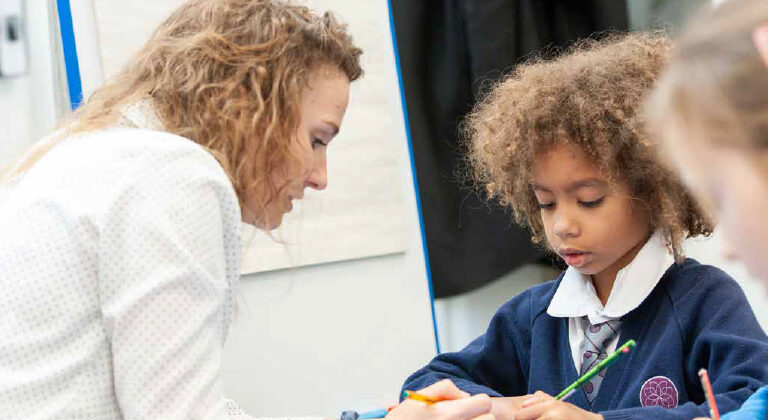As therapists and teachers, we regularly ask students to try things that they find tricky. An essential part of this is helping them to see mistakes as part of the process of learning, rather than something to be avoided.
There is vulnerability that comes with having a go despite knowing that we might get something wrong. It’s a hard skill for us adults too. We often only speak up if we’re pretty sure we’re ‘right’. It is so powerful if we can teach children that it’s not about being right but about trying our best and learning as we go.
Here are a few ideas to nurture resilience in children:
Model your own ‘emotion-free mistakes’. Look for an opportunity to visibly make a mistake and be ok with it. Children learn from our responses to situations. This ‘no big deal’ modelling helps our children learn that mistakes are nothing to be ashamed of.
Talk about mistakes as learning opportunities. Children demonstrate natural curiosity about the world and we can use this to encourage trial and error. So, we might respond to a situation with something like ‘Oh that didn’t go according to plan… how interesting!’
- Be specific in your praise. Instead of a generic ‘Well done!’, look for the thing that you want to celebrate. In therapy sessions we often give specific praise such as ‘I loved the way you sequenced your ideas’ or ‘You really tried hard to slow down your speech’. This emphasis on process over outcome makes it safer for children to try things out.
- Name your emotions. When we name our own emotional responses to situations, we show children how to do the same. Of course, it’s disappointing when you try and fail. Helping children express this is part of how we help them to process and recover from mistakes.
- Point out how we’re all working on skills. We never stop learning. What’s something tricky that you’re working on? Can you talk about your own practice? Can you point to other people who are practising things again and again? The skate park is always a great example of this in real life.
- Tell stories of resilience. A quick search online will give you a wealth of great book suggestions for helping children develop a growth mindset. We all learn through stories and this is a fun way to talk together about challenge and persistence.
Rachel Cullen
Speech and Language Therapist


